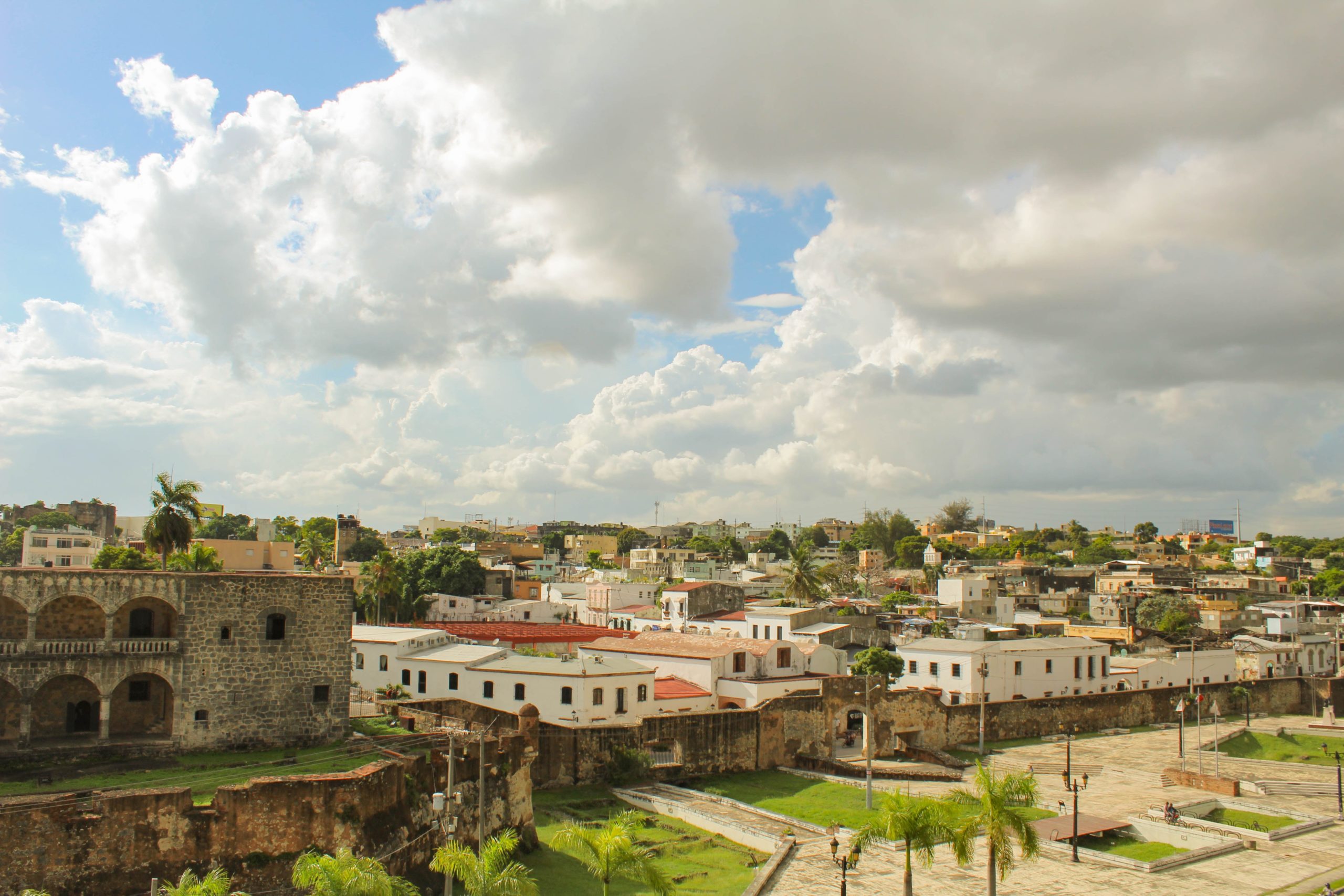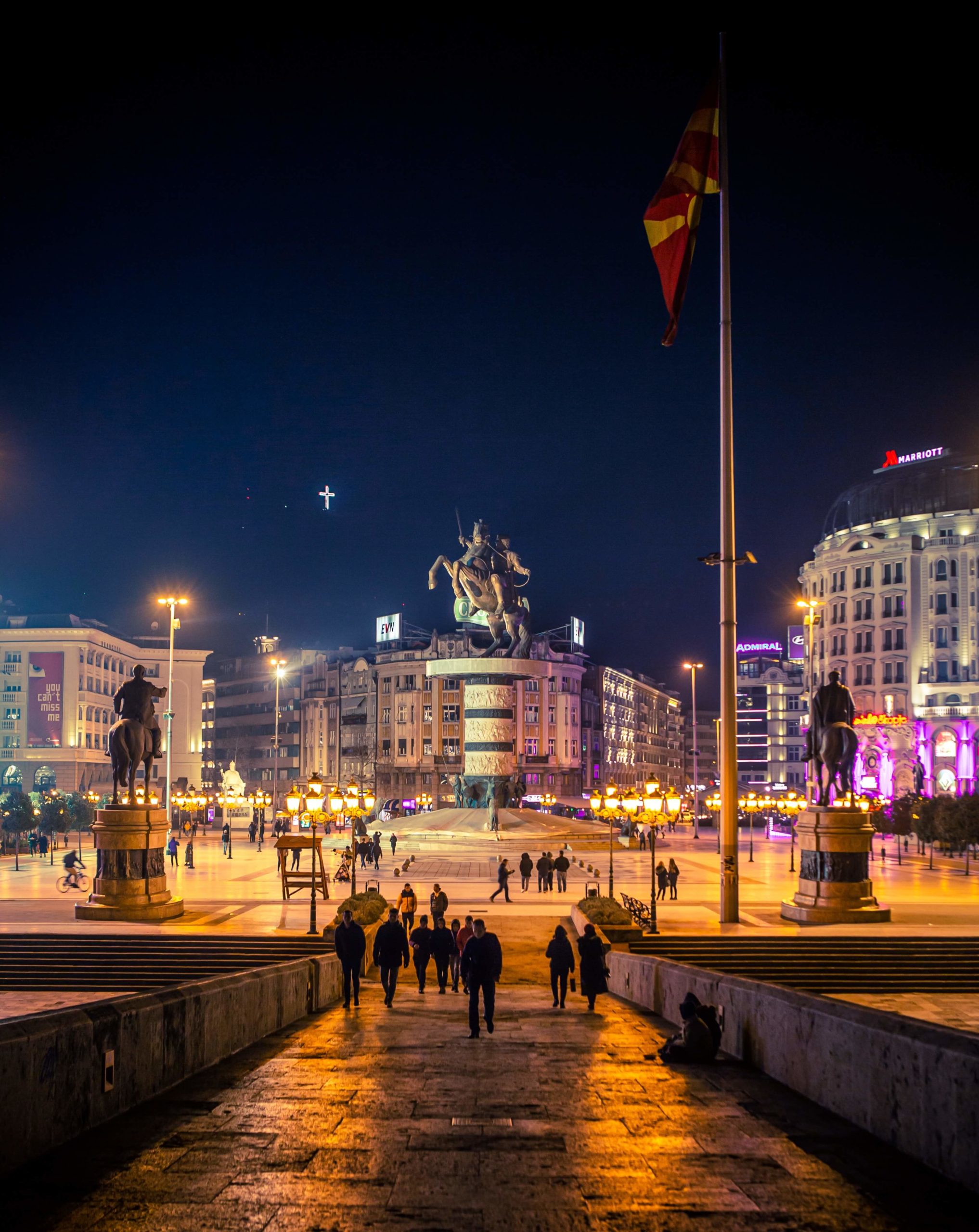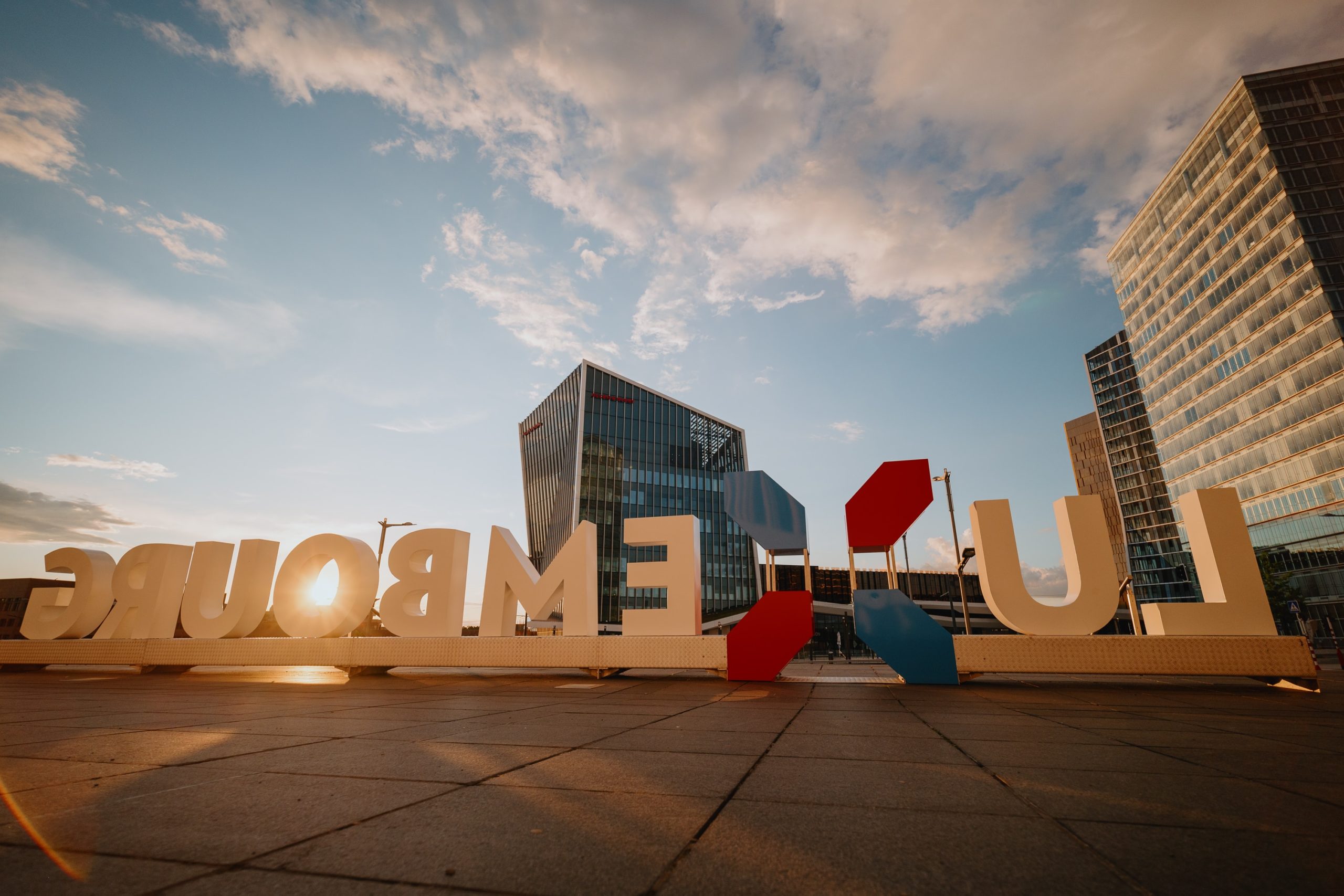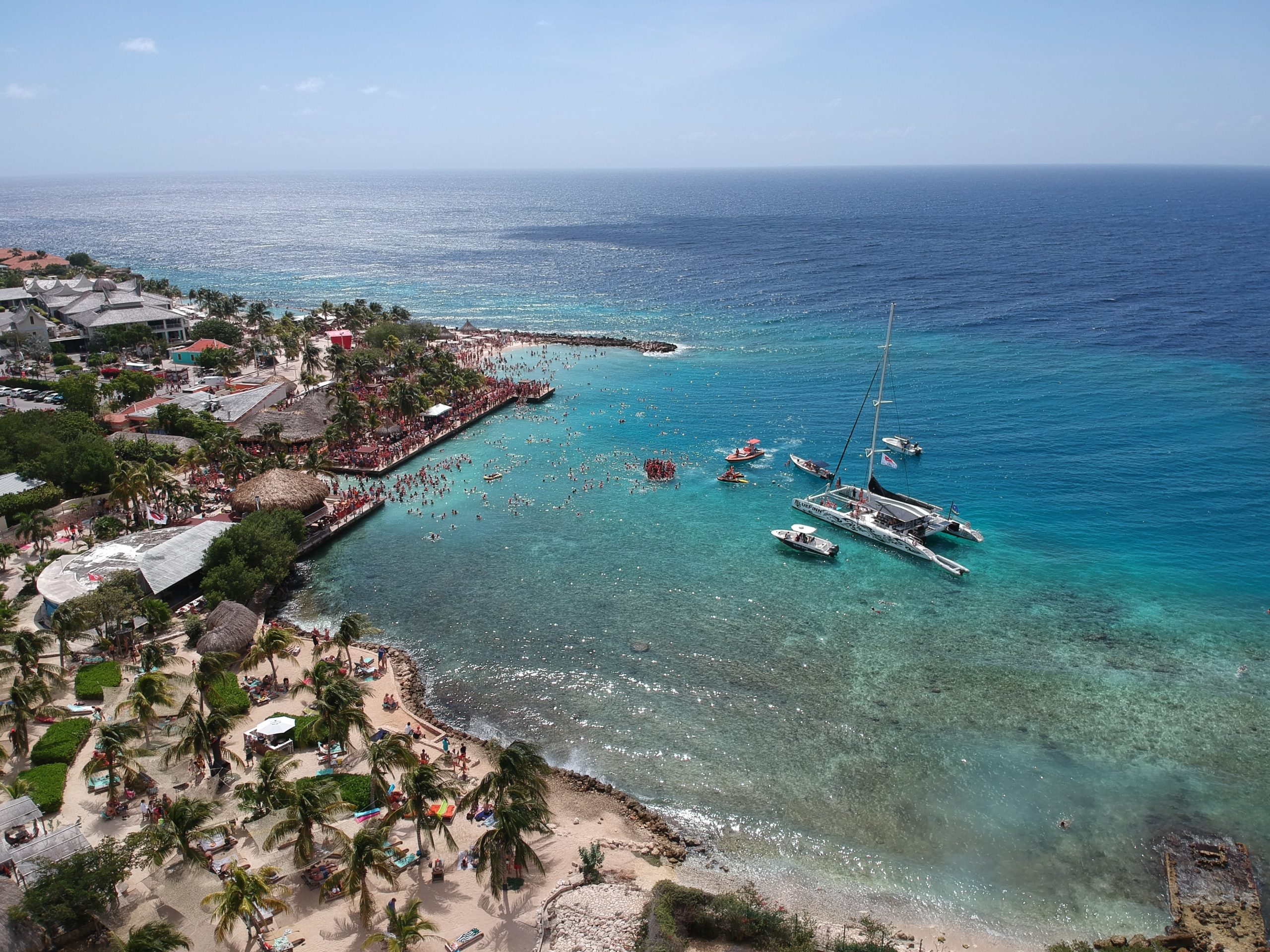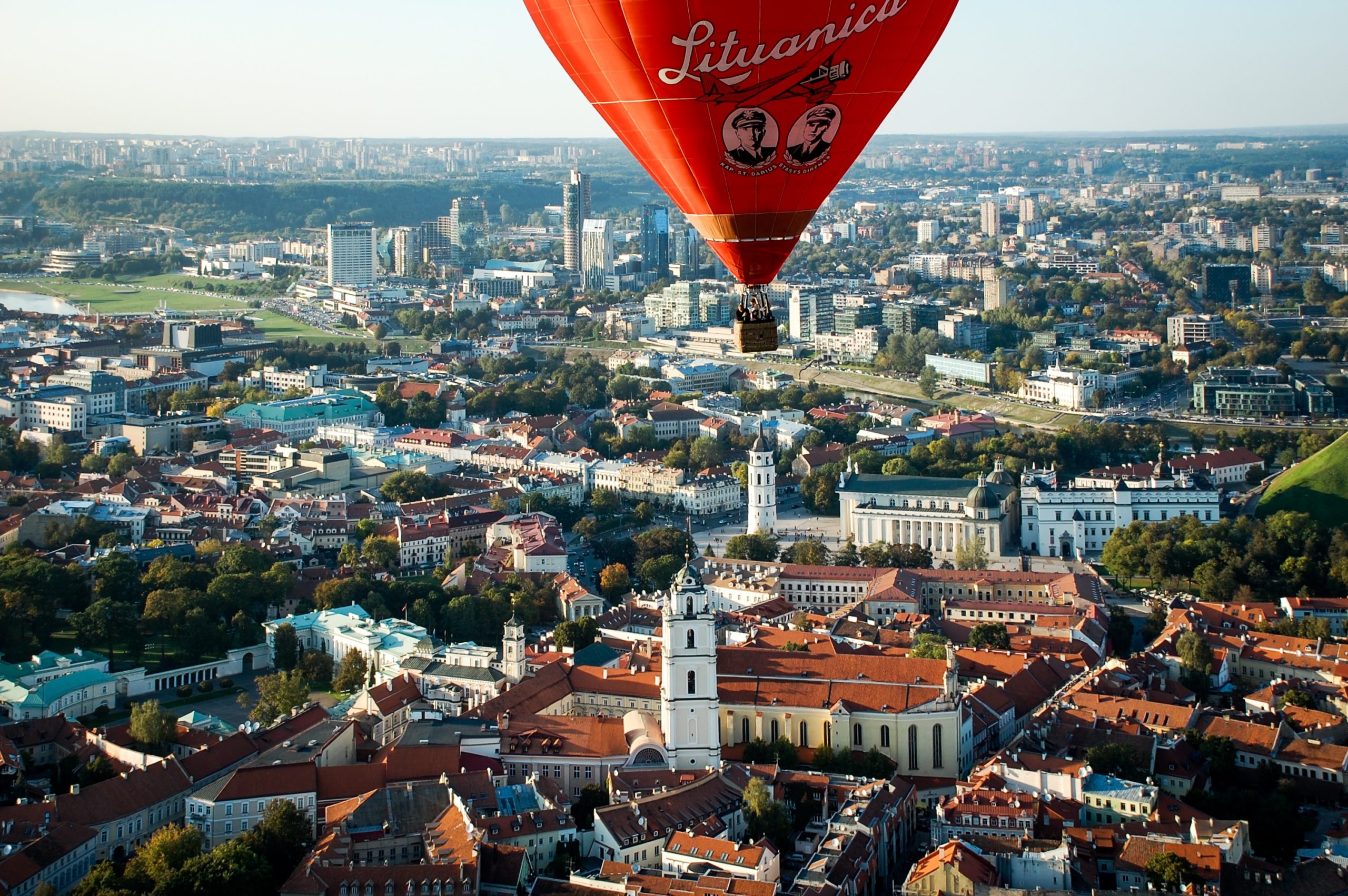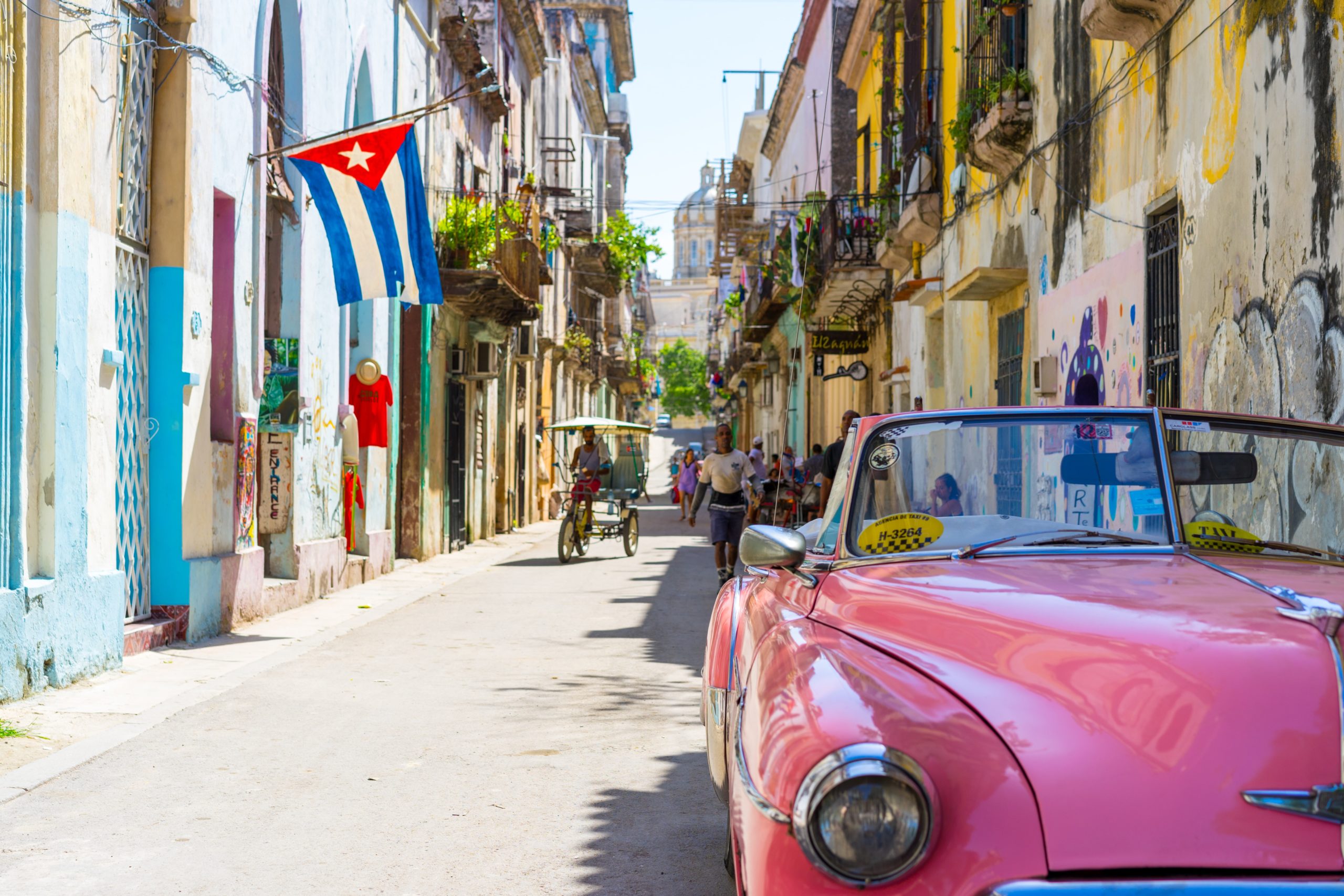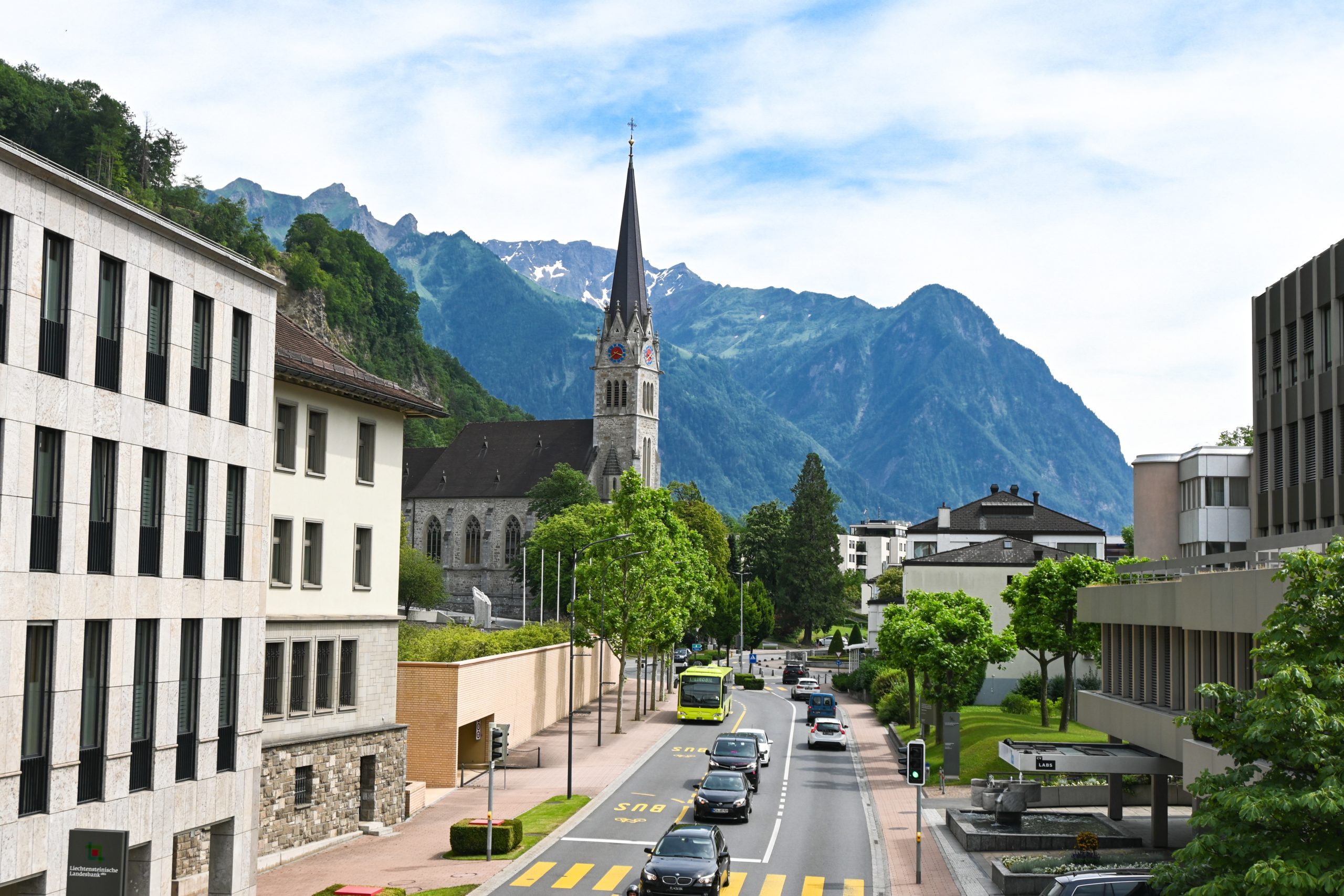The Lebanese Republic is the meeting point between West and East. Lebanon can be called the most western country in Asia – not only because of its geographic location but also in terms of culture and business. Lebanon’s economy revolves around agriculture, tourism, trade, and banking. Lebanon boasts the highest share of arable land in the entire Arab world and is renowned for growing crops such as peaches, apples, lemons, and oranges. The agricultural sector is one of the center employers of labor in Lebanon. However, the service sector remains the largest employer of labor, although about 65% of Lebanon’s labor force works in this sector.

Lebanon is rapidly becoming interesting for international trade. It is a country that has excellent taxation and banking systems that ensure the confidentiality of client data. In Lebanon, there is a law on offshore enterprises and holdings, according to which non-resident firms can take advantage of a 10 percent income tax rate and not pay VAT, and a share of dividends to the budget.
The foreign business has the right to operate outside Lebanon or in one of its special zones. The Lebanon government attracts foreign investment by providing conditions such as no tax burden, export-import duties, and stamp duty (only annual, in a fixed amount of about 670 USD). Only a non-resident of the jurisdiction can own such a company.
Offshore company in Lebanon:
- Freed from taxes on capital gains after the sale of bonds;
- Can freely export currency and capital;
- Freed from taxation for 10 years based on a case with innovative products;
- May not employ local registered agents and may employ corporate directors and secretaries;
- Is not obliged to disclose information about the beneficiaries.
It is available to open companies in Lebanon and in the form of holdings. They are exempt from the taxation of dividends and profits. In general, joint-stock companies (including offshore and holding companies), closed enterprises and limited partnerships, foreign representations, and branches are allowed in the country. All of them, upon registration, submit documents to the Trade Register. A foreign company in Lebanon can engage in licensed activities after obtaining a permit from a financial regulator.
Registration procedures
Founders provide a documentation package in English or Arabic and issue a power of attorney for a Lebanese lawyer who will handle their cases. The founders and shareholders make copies of their passports, stitch them together with a translation made by a stated translator, and certify them at a notary office.
Registration documents include:
- Information about the name of the company, its beneficiaries, and top management;
- Notarized copies of the share certificate, power of attorney for corporate directors – if any;
- Samples of signatures of owners;
- Copies of the charter of the legal entity;
- Documents of the founders of the company;
- Description of the business area, partners, work scheme, and organization’s mutual settlements – with the agent’s signature.
If the documents are not in English or Arabic, they are translated and certified by the issuing country and the Lebanese consulate. Before opening a business, a bank account needs to be created, providing recommendations from business partners upon request, and placing a deposit there. A capital of about 20,000 American dollars is enough for the bank account. The bank issues a certificate that is attached to the documents.
Direct company registration in Lebanon includes:
- Submission of the package to the Trade Register and the certificate to the Lebanese Bar Association, which appoints the registrar;
- Payment of stamp duty at the Ministry of Finance;
- Obtaining a certificate and applying to start work with the Ministry of Finance;
- Receiving a company tax number;
- Provision of a constituting package to the bank for defrosting the sum on the deposit.
Interesting facts about Lebanon.
- Lebanon’s area is small, just over ten thousand square kilometers;
- There is not a single navigable river in Lebanon;
- Before the outbreak of the civil war in the mid-70s of the last century, Lebanon was a very prosperous state, a kind of analog of the “financial paradise” – Switzerland, only for Arab countries;
- It snows in Lebanon in winter. Mostly, in the mountains, and not every winter;
- The symbol of Lebanon is the cedar. These magnificent trees once covered a fair share of the country’s territory. But their uncontrolled deforestation has led to the fact that today there are few trees left in Lebanon. By the way, it is the cedar that is depicted on the Lebanese flag;
- At the same time, Lebanon is the only Arab country on whose territory there is not a single dessert;
- The first settlements on the territory of modern Lebanon date back to about the sixth millennium BC;
- Most of the Lebanese land is unsuitable for either construction or agriculture;
- Lebanon gained independence earlier than many other small countries, back in 1943;
- The majority of Lebanese are Muslims, and Christians in the country are about 40% of the population. Lebanon is officially a secular state;
- The country’s national currency is the Lebanese Pound. Lebanese banknotes are printed in Russia;
- The famous Hollywood actor Keanu Reeves spent most of his childhood in Lebanon;
- Most Lebanese are fluent in two or three languages;
- Among all Arab countries, Lebanon became the first state to acquire its constitution;
- Once the most abundant potato in the world was grown here – one tuber weighed over 11 kilograms;
- Lebanon’s capital, Beirut, has gone through a lot. It was restored seven times;
- One of the most popular professions in Lebanon is a doctor. According to statistics, an average of ten Lebanese has one doctor of a particular profile.
